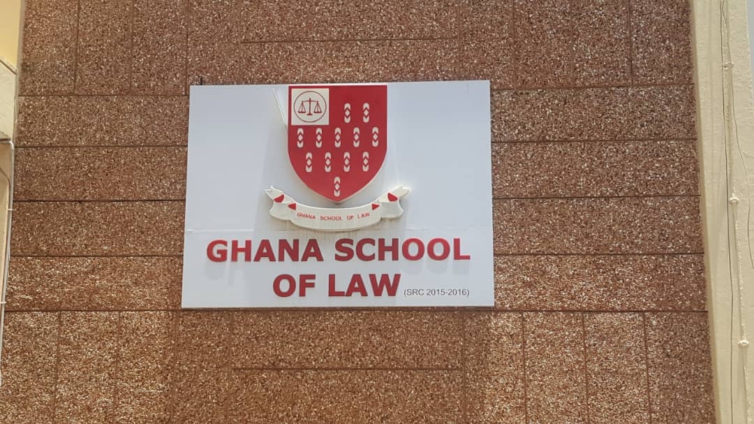Supreme Court justice nominee, Yoni Kulendi has called for a comprehensive study to be conducted on how to reform legal education in the country.
The private legal practitioner told Parliament's Appointment Committee on Tuesday that while the provision of legal education needs to be reformed in the country, other factors must be considered.
Mr Kulendi said the growing appetite for studying law, increase in population sizes and other factors should also be considered in the decision making.
“We have a system that was designed 60 years ago that has not substantially been reengineered. It is bound to have problems. Populations have increased, democracy and the rule of law has come to stay, every legislator and every member of the executive must have a working knowledge of the law which means you need some level of legal education. Therefore the appetite for studying the law is inevitable, in addition to population, in addition to numbers,” he said.

He explained that when he was a law student at the University of Legon, competition which was rife was for the only law school in the country in those days.
Now, however, as most universities have accreditation to teach law, every student competes in all the universities that offer law, competing for one law school, the Ghana School of Law which is also known as Makola, once they are done with their undergraduate.
“You don’t need a magician or a prophet to let you know that there will be a stampede at the door and that wherever there’s a stampede there will be casualties; that’s why we are having academic casualties in the journey,” he Kulendi stressed.
The nominee’s reactions come amid the controversial calls for reforms into the country’s legal education system after successive mass failures at the entry and exit points of the Ghana School of Law.
In 2019, for instance, only a paltry 128 out of 1,820 LLB holders who sat for the entrance exam into the Ghana School of Law passed.
This was after a series of mass failures at the bar and previous mass failures at the entry point.
“It’s creating a crisis,” Mr Kulendi.
“We need to do a comprehensive study of the problem, have a working group, let them make recommendations as to the type of reform we need to align the demand with the supply,” he added.
The reform “has to be fundamental but let’s do it in an informed structured and well taught trained manner and not in a quick fix to appease the crisis of the moment to end up a few years down the road with an unsustainable system.”
Latest Stories
-
Feyenoord, Strasbourg eyeing move for Ghana midfielder Lawrence Agyekum
15 minutes -
Supreme Court unanimously strikes out suspended CJ’s supplementary affidavit
27 minutes -
Ten artists receive honourary awards from Otumfuo
33 minutes -
“Daddy, what have you done?”- Ntim Fordjour recounts his child’s reaction to NIB raid on his home
40 minutes -
Speaker announces reintroduction of anti-LGBTQ+ Bill in Parliament
1 hour -
Gyakie expresses excitement over Japan concert slated for July
1 hour -
Free SHS feeding issues: NPP has been vindicated, NDC scammed Ghanaians – Rev Ntim Fordjour
1 hour -
Ghana’s economic rebound real, but reforms must continue – Bank of Ghana
1 hour -
Otto Addo urges young Black Stars to seize Unity Cup opportunity
1 hour -
Kotoko to decide Karim Zito’s future at end of season – Sarfo Duku
1 hour -
‘The law is the law; and it’s being applied to her’ – Spio-Garbrah justifies actions against Torkornoo
2 hours -
Oaks FC secure Women’s Premier League promotion with a game to spare
2 hours -
The Chief Justice is undergoing a constitutional process – Hamza Suhuyini
2 hours -
Kojo PJay wins Comic Writer of the Year at 2025 Ghana Comedy Awards
2 hours -
Ghana’s tax system encourages evasion, enriches just a few – Prof Quartey warns
2 hours

